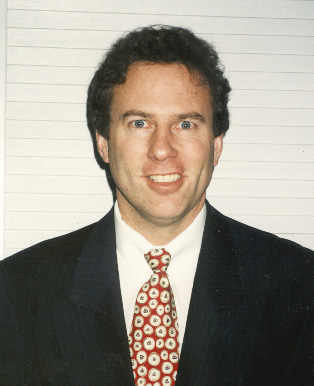Pay TV Customer Service: It Demands Improvement
Perspective relative to the bigger and smaller views has always been a critical part of good business. And the U.S. TV business is no different.In the TV business, that sometimes means not only comparing yourself and your performance to others in your same class or industry subsector. It also means sometimes gauging yourself against others in other industries.
Pay TV Service vs. Others
Taking that assumption and moving it forward, the pay TV industry providers, such as Dish and DirecTV in the DBS world, Comcast, Time Warner Cable, Cox, Charter and Cablevision in the cable realm and Verizon FiOS and AT&T U-verse in the telco video space, all need to realize that although their relative performance serving customers may be satisfactory compared to one another, that same performance is probably not satisfactory for a pay TV manager comparing his/her services to those of other industries.
And that is the paradigm the best pay TV providers need to seek. The best pay TV providers will find some way to measure what they do against some greater standard of excellence.
It’s Us Versus the World
Thus, how much more effective and believable will it be one day when Dish can argue that it not only is at the top of its pay TV class of competitors, but, in a really impressive measure, the customer service it provides is better than that of the airlines, better than that of other utilities, and better than that of my local mechanic or plumber?
Or won’t a Comcast customer know that Comcast considers him or her THAT important, such that the top cable operator has gone out and found a way to balance what it does versus what other product and service providers do?
And if that is done consistently, won’t the Verizon subscriber then be that much more likely to take the time to call, and thus quickly eliminate the frustration of such a call, knowing that it will be likely handled quickly and the problem or concern corrected the first time, without having to escalate to a second, third or even more calls?
Most importantly, knowing that this is the measure of quality — and that customer service normally gets treated and done that well – the likelihood of churn by that customer decreases incrementally. With reduced churn typically comes a plethora of financial measurements that represent the real business reason for being in pay TV in the first place.
New Standards To Get Us There
Thus, when, as has been the rule for decades, JD Power (or another survey company) delivers a quarterly comparison of customer service in the pay TV category, that needs to be shown not only relative to other pay TV providers, but as (or more), importantly, compared relative to other products and services. That way the best level of customer satisfaction is gauged among multiple categories of similar customer service.
For example, Cox could then show that in category one, i.e., it against its immediate peers, it scored a 7 on a scale of one to ten; but in the second measure, Cox would brag that it scored an 8 compared to the customer service consumers expect from those airlines, utilities, mechanics and plumbers.
More importantly, what that second measurement would do is effectively raise the bar for the entire industry, such that it no longer relies on other mediocre performances to try and measure what may not be a truly superior performance level.
Put another way, if you only measure yourself against a small, controlled pool of lesser performers, then you ultimately never really reach that higher level of performance. That means your customers and your company continue believing in the wrong measures, wrong standards, and wrong performances. And that is where we are in today’s pay TV industry.
End The Lie
It’s time to get out of the rut called current pay TV customer service measurement scheme. Indeed, it’s time to completely remeasure.
Doing that is not as easy as maintaining the status quo, but without it, today’s measurement of pay TV customer service remains a lie.
Jimmy Schaeffler is chairman and CSO of Carmel-by-the-Sea-based The Carmel Group.
Multichannel Newsletter
The smarter way to stay on top of the multichannel video marketplace. Sign up below.
Jimmy Schaeffler is chairman and CSO of The Carmel Group, a nearly three-decades-old west coast-based telecom and entertainment consultancy founded in 1995.

